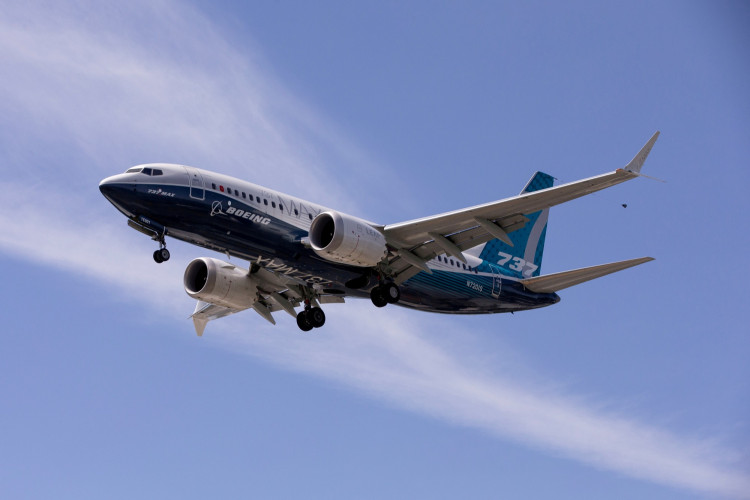The Federal Aviation Administration (FAA) has raised serious concerns about Boeing and its primary supplier, Spirit AeroSystems, after a detailed audit revealed significant lapses in quality control standards in the manufacturing of the 737 Max. The findings from the six-week investigation highlight "multiple instances" where both entities fell short of ensuring manufacturing processes adhered to the requisite quality standards.
This scrutiny comes in the wake of a distressing incident on January 5, when a panel dislodged from a Boeing 737 Max 9 mid-flight, causing an emergency landing. The alarming episode, which occurred at 16,000 feet with an Alaska Airlines jet, has prompted the FAA to intensify its examination of Boeing's manufacturing practices.
During the audit, the FAA discovered issues related to manufacturing process control, parts handling, storage, and overall compliance with quality control requirements. Although specific details of the findings remain undisclosed due to the ongoing nature of the investigation, the implications are clear: Boeing and Spirit AeroSystems must undertake significant corrective actions to address these deficiencies.
In response to the audit, Spirit AeroSystems' spokesman, Joe Buccino, expressed the company's commitment to evaluating the FAA's findings and collaborating with both Boeing and the FAA to implement necessary corrective measures. Boeing, on its part, has indicated a readiness to confront these challenges head-on, with CEO David Calhoun affirming the company's dedication to rectifying the identified issues.
The FAA's audit not only casts a spotlight on existing manufacturing practices but also sets a tight deadline for Boeing. The aerospace giant has been given a 90-day window to formulate a comprehensive plan to rectify the safety concerns flagged by both the FAA and an independent expert panel, encompassing industry, government, and academic representatives.
Further compounding Boeing's challenges are the preliminary findings from the National Transportation Safety Board, which traced the January incident to a manufacturing error where crucial bolts meant to secure a door plug were missing. This revelation underscores the gravity of the lapses in Boeing's production line.
In a strategic pivot that could redefine its manufacturing landscape, Boeing is reportedly in discussions to acquire Spirit AeroSystems. This move, as articulated by Boeing's Director of Media Relations, Jessica Kowal, aims to enhance aviation safety, elevate quality standards, and better serve the interests of various stakeholders. Such a reintegration would mark a significant shift from Boeing's decision nearly two decades ago to divest assets now part of Spirit, a supplier that has since grappled with its own share of quality control challenges amid Boeing's ambitious production demands.
As Boeing and Spirit AeroSystems navigate this tumultuous period, the industry watches closely. The outcomes of these investigations and the subsequent actions taken by the companies could have far-reaching implications for aviation safety, regulatory oversight, and the future of aircraft manufacturing.





